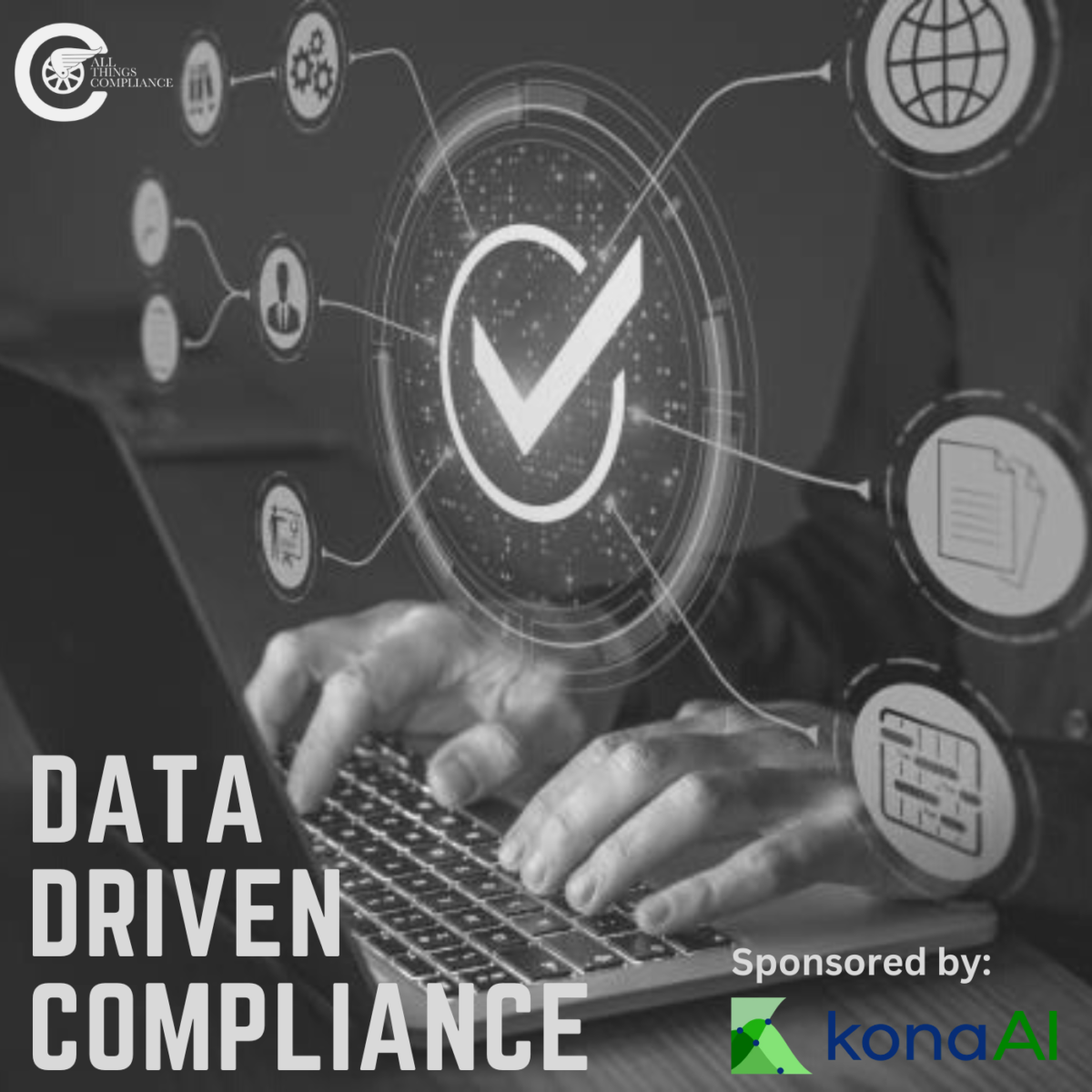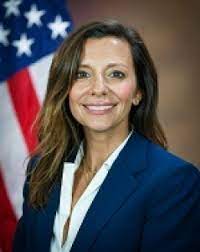The compliance community has long recognized the gaping hole in the Foreign Corrupt Practices Act (FCPA). As a supply side law, it criminalizes the payment of bribes, not the demand to pay a bribe or extortion. The gap was recently filled by the Foreign Extortion Prevention Act (FEPA) which extended crucial protections to Americans working abroad and provides the Department of Justice (DOJ) with a potent new tool. By criminalizing both the giving and demanding of foreign bribes, FEPA seeks to level the playing field for American workers while fostering ethical business practices globally. FEPA represents a promising solution to protect Americans working overseas, promote fair business competition, and combat corruption on a global scale. With its potential to bring about meaningful change, FEPA is a vital step in safeguarding American values and interests in the international arena. Sam Rubenfeld, cited to Scott Greytak, the director of advocacy for Transparency International US, for the following, “FEPA is a landmark, bipartisan law that holds the potential to help root out foreign corruption at its source. It is arguably the most sweeping and consequential foreign bribery law in nearly half a century.”
This legislation fills a significant gap in anti-corruption measures and raises important questions about its implications for the enforcement of the Foreign Corrupt Practices Act (FCPA) and the cooperation expected from companies involved in bribery schemes. FEPA, part of the National Defense Authorization Act (NDAA), addresses a long-standing concern among anti-corruption advocates. While the FCPA has been effective in penalizing US companies for offering bribes to foreign officials, there has been a lack of legal mechanisms to hold foreign government officials accountable for accepting these bribes. FEPA now provides prosecutors with the means to pursue such officials.
One of the key aspects of FEPA is that it criminalizes the solicitation or acceptance of bribes by foreign government officials from US entities. This complements the FCPA, which focuses on the offering of bribes by US companies. By targeting both sides of the bribery equation, FEPA aims to create a more comprehensive and effective framework for combating corruption.
However, the implementation of FEPA is not without its challenges. One of the main challenges is the extradition of foreign officials for prosecution, particularly from countries like Russia or China. Extradition processes can be complex and time-consuming, and cooperation from foreign governments may not always be forthcoming. This poses a significant hurdle in holding foreign officials accountable under FEPA.
Another notable feature of FEPA is the introduction of a “name and shame” list. This list is intended to publicly identify, and shame foreign government officials involved in bribery schemes. While this may serve as a deterrent, it could also have unintended consequences. For instance, it may impact Transparency International’s corruption perception indexes, potentially affecting the rankings of countries and their relations with the US. Additionally, it could have implications for US companies operating in those countries, potentially straining foreign relations.
The passage of FEPA raises important considerations for compliance officers and companies. They need to assess how this new law may impact their existing controls and policies. The arrival of FEPA as a tool to combat corruption is undoubtedly a positive development. However, it is crucial to carefully evaluate the potential implications for FCPA prosecutions and the cooperation expected from companies involved in bribery cases.
Compliance officers should also consider the potential changes in the calculus for prosecutors. With FEPA in place, prosecutors may now have the legal means to pursue foreign government officials complicit in bribery schemes. This raises questions about the extent to which companies will be required to assist the DOJ in pursuing FEPA cases alongside FCPA cases. Companies may need to provide testimony and cooperate in the prosecution of foreign officials, potentially impacting the resolution of FCPA violations.
Looking ahead, it is essential for the DOJ to provide clarity on how FEPA will be utilized and what expectations companies should have when caught up in FEPA-related investigations. Transparency and guidance from the Department of Justice will help companies navigate the potential challenges and ensure compliance with the law.
The bottom line is that FEPA represents a significant step in the fight against corruption. By criminalizing the solicitation or acceptance of bribes by foreign government officials from US entities, FEPA fills a crucial gap in anti-corruption measures. However, challenges remain in extraditing foreign officials for prosecution and managing the potential consequences of the “name and shame” list. Compliance officers and companies must carefully consider the implications of FEPA on their operations and update their controls and policies accordingly. With proper guidance and cooperation, FEPA can be a powerful tool in combating corruption and promoting ethical business practices.
Penalties under FEPA include (from Transparency International)
- Expanding Legal Protections: FEPA amendment U.S. bribery law (18 U.S.C. § 201) to make it illegal for foreign officials to corruptly demand, seek, receive, or accept bribes under two crucial circumstances:
- From U.S. individuals or companies.
- From any person while within the United States, in connection with obtaining or retaining business.
- Stringent Penalties: Those found guilty of violating FEPA could face severe consequences, including:
- Criminal fines of up to $250,000 or three times the value of the bribe, whichever is greater.
- Prison sentences of up to 15 years.
- Transparency and Accountability: FEPA introduces a vital accountability mechanism by requiring the DOJ to publish an annual report. It will include the following:
- It examines the scale and nature of foreign bribe demands against American companies, shedding light on the extent of the issue.
- It evaluates the effectiveness of U.S. diplomatic efforts aimed at safeguarding American businesses from foreign bribe demands.
- It assesses the efforts of foreign governments to prosecute individuals involved in corrupt practices against American interests.
Matt Kelly and I take a deep dive into FEPA on this week’s Compliance into the Weeds. To listen, click here.













